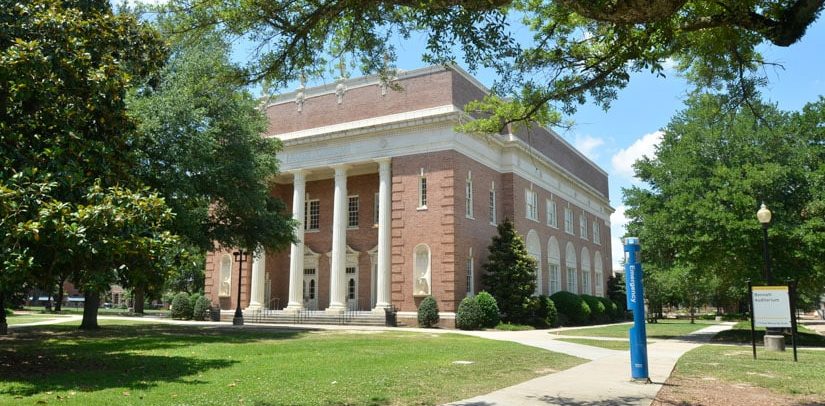The University of Southern Mississippi has secured a $4 million grant from the U.S. National Science Foundation (NSF) as part of the foundation’s Established Program to Stimulate Competitive Research (EPSCoR) program.
On Monday, NSF announced an investment of $56 million in 11 projects initiated by universities across the nation, with USM set to receive approximately $4 million in the coming months.

The university has released plans to use the grant to fund a project titled “Advancing Social and Environmental Equity through Plastics Research: Education, Innovation, and Inclusion” (ASPIRE).
Over the course of the project’s progression, USM will study the impact of microplastics on marine and community health, informing their exposure pathways and potential links to diseases, as well as design new materials for addressing plastic waste recycling challenges.
The aim is to develop a regional hub of plastic-climate-health research with particular focuses on promoting environmental and social equity and workforce diversity. The grant period is for four years.
“USM is uniquely suited to perform this project due to its strength in polymer and ocean research, as well as its proximity to the coastal community,” USM polymer Professor Dr. Zhe Qiang said. “Moreover, both the states of Mississippi and Alabama have a high population of underrepresented minority groups, and the outcomes of this project will directly improve their health condition, business opportunities, along with waste recycling infrastructures.”
Qiang served as the principal investigator on the grant proposal, with additional team members including individuals from the USM School of Polymer Science and Engineering, the USM School of Ocean Science and Engineering, the USM College of Nursing and Health Professions, and the Chemical Engineering Department at Auburn University.
“As evident from EPSCoR’s impact, investing in research infrastructure is a powerful catalyst for strengthening our nation’s security, competitiveness, and fostering groundbreaking scientific advancements,” NSF Director Sethuraman Panchanathan stated. “By addressing these critical challenges, and engaging with communities impacted by climate change, we have the potential to advance innovation and promote economic stability and recovery in EPSCoR jurisdictions and beyond.”







